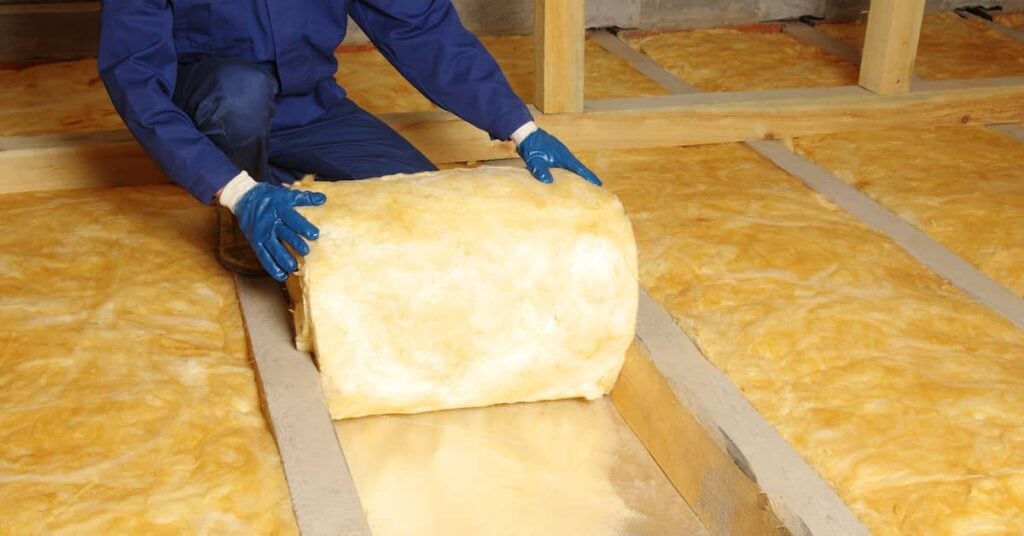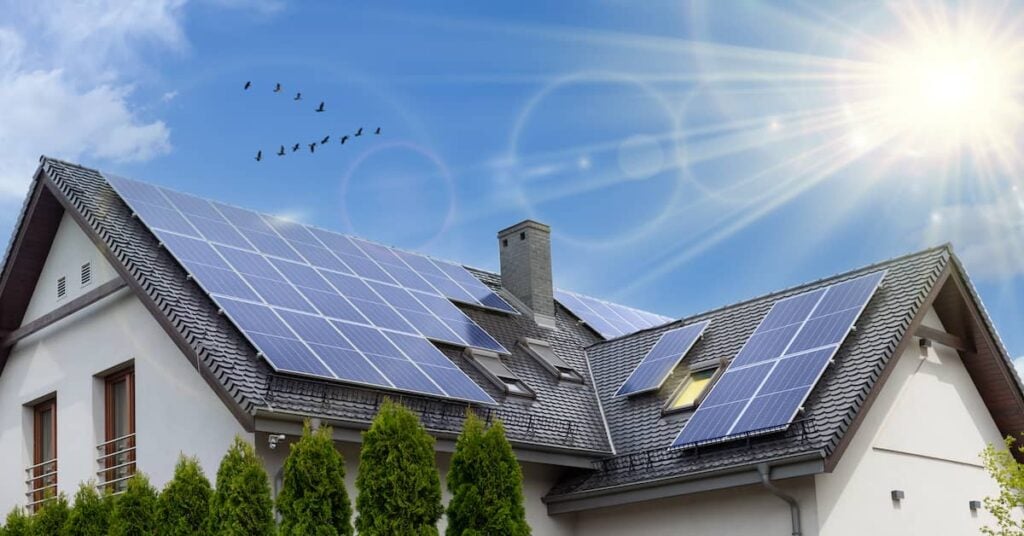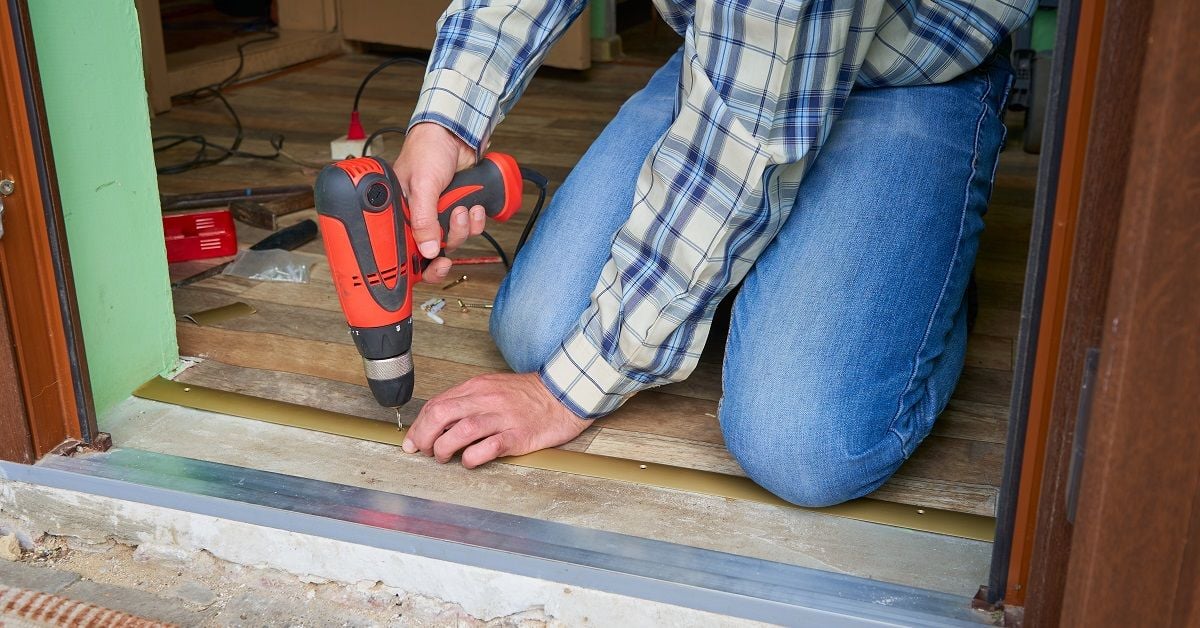
How Much Energy Can I Save With Denver Home Insulation?
Proper home insulation is crucial for maximizing your energy efficiency. A well-sealed house uses energy more effectively, substantially reducing your home cooling and heating bills.
Homeowners can reduce their monthly energy bills by approximately 15% with the right insulation. But how much insulation do you need to reach this benchmark, and how do you know if your home insulation needs an upgrade?
The Colorado insulation experts at REenergizeCO can help. Our specialty is evaluating the Front Range’s current housing stock and identifying energy-efficient improvements that can help homeowners save money and reduce their electricity usage.
For service in the Denver metro area, call us at (303) 227-1000 today. If you live in or around Fort Collins, you can call REenergizeCO at (970) 323-3191 to get started.
How Does Home Insulation Save Money?
Home insulation can significantly contribute to energy savings by reducing heat transfer. In the summer, insulation helps keep cool air inside your home while keeping the hot air out. The opposite is true in winter, with insulation keeping the indoor environment warm and toasty while blocking the cold air that wants to get inside your home.
The temperature inside a well-insulated home is comfortable no matter the season. Furthermore, less cooling and heating is needed to maintain a stable temperature. The less you have to run the A/C or heater, the less you will pay each month on climate control.
How Does Home Insulation Save Energy?
Energy consumption is expressed in kilowatt hours (kWh). This is a measurement of how much electricity your home uses (in kilowatts) multiplied by the number of hours in a given timeframe. (For example, on your monthly electric bill you will see electricity usage in kWh for the current month.)
According to ElectricRate, the average household in Colorado consumes 682 kWh of electricity monthly. In addition to saving 15% on your energy bill every month, insulation reduces your power usage by 15%. This translates to:
682 kWh x 0.85 = ~580 kWh
That’s a reduction of more than 100 kWh of energy every month. Over the course of a year, you could reduce your energy consumption by more than 1,200 kWh!
Calculating the Energy Savings from Home Insulation
Although more insulation = better efficiency is a good rule of thumb, it is important to realize that energy savings will vary from household to household. The amount of energy you can save with insulation depends on a host of different factors.
Some of the most important considerations when determining whether you have the optimal insulation for your home include:
1. Climate
If you live in a region with extreme temperatures, insulation becomes even more critical. Home insulation helps retain heat indoors in colder climates. In warmer climates, it helps to keep the heat out.
The climate in the Colorado Front Range is classified as “Cool and Dry.” While this might suggest that we are not exposed to temperature extremes, anyone who lives in the Front Range will tell you how the weather can change on a dime. Homes in Denver, Fort Collins, and other areas need to be insulated in accordance with the recommended R-value (a measure of thermal resistance) for the region.
2. Insulation Levels
Both the thickness and the quality of the insulation play a significant role in determining how much energy you can save. The higher the insulation’s R-value, the better it resists heat transfer. Adding more insulation or upgrading to a higher R-value can further enhance your energy savings.
Read More: A Guide to Choosing the Proper Home Insulation
3. Home Size & Layout
The size of your home affects the overall heat loss or gain. Larger homes typically require more energy for heating and cooling.
Additionally, the layout and design of your home, including the number of floors, windows, doors, and attic space, can impact energy savings. If a high volume of air is escaping through openings in one or more of these areas, that’s money literally leaving the building.
4. Heating & Cooling Systems
The EPA reports that heating and cooling accounts for approximately 53% of energy costs in the average single-family home. If your HVAC system is inefficient, you will consume more energy to regulate the temperature inside the house.
Home insulation works synergistically with your HVAC system. If the ductwork is properly insulated, this reduces the load and allows the system to operate more efficiently.
Read More: Tips and Tricks for Your HVAC System
5. Air Sealing
Insulation works best when combined with proper air sealing. Sealing air leaks around windows, doors, vents, and other openings prevents conditioned air from escaping and unconditioned air from entering your home. This complements the benefits of insulation and enhances your energy savings.
What Type of Insulation Should I Use?
There are multiple home insulation options to choose from:
- Fiberglass Insulation
- Cellulose Insulation
- Mineral Wool Insulation
- Spray Foam Insulation
- Reflective Insulation
Which type of insulation is right for you depends on a number of different factors, including your budget, the area you plan to insulate, and the specific requirements of your home. Another important consideration is whether the current insulation needs to be removed or if the home insulation can be upgraded.
Save More with Home Insulation Upgrades
The efficiency crews at REenergizeCO are passionate about helping homeowners throughout the Front Range optimize their energy efficiency and maximize their savings on electricity. We often find that upgrading the home’s current insulation is sufficient for making a considerable difference in energy usage.
A comprehensive home energy audit provides our team with the insights they need to evaluate your home insulation. We can then make recommendations for improvements tailored to your home, your energy consumption, and your goals.
For assistance with your home insulation needs in and around Denver or Fort Collins, contact REenergizeCO today.
"*" indicates required fields


